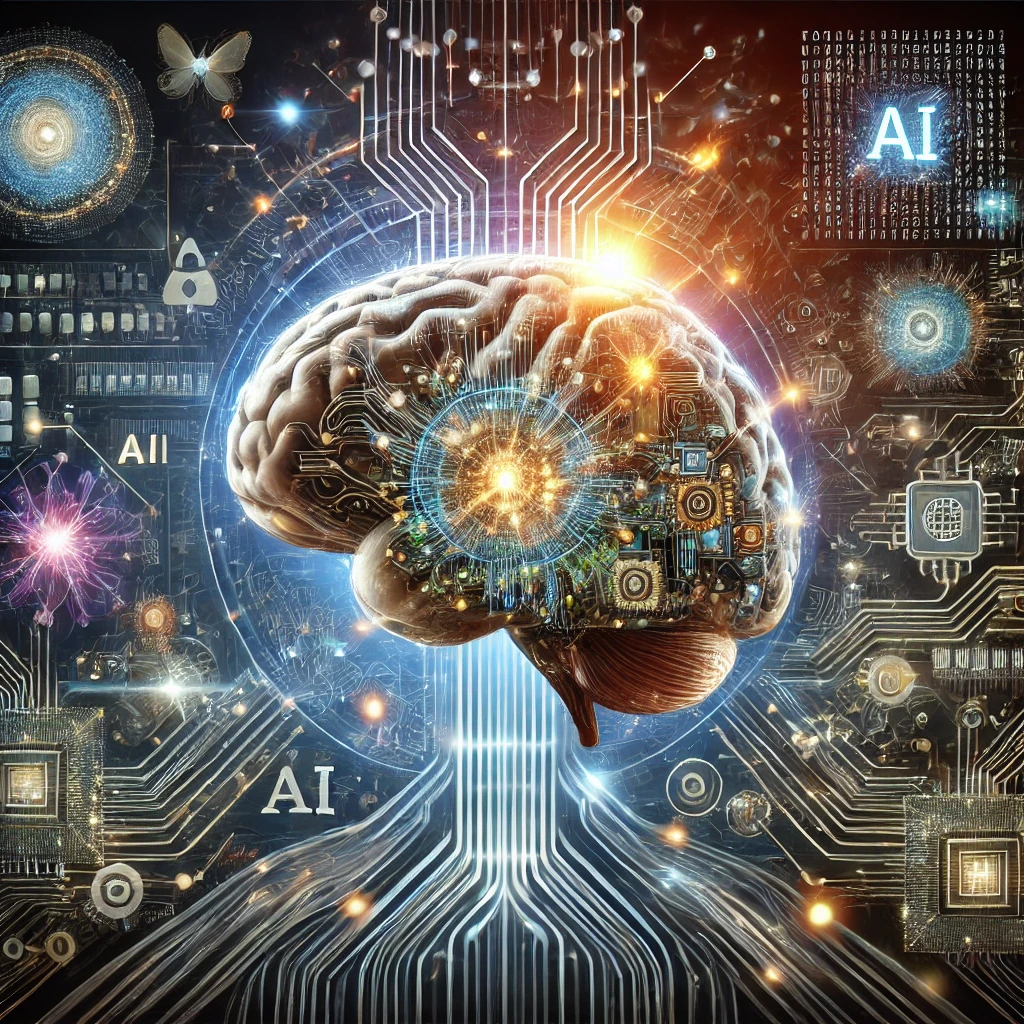Artificial Intelligence (AI) will have a significant impact on the field of neuroscience in several key ways – several of which I have covered in my previous posts. Here’s a brief summary of some key ways AI will interact and accelerate Neuroscience.
Data Analysis and Pattern Recognition
AI, particularly machine learning algorithms, excels at analyzing large, complex datasets and identifying patterns that may not be apparent to human researchers. In neuroscience, this capability is being leveraged to:
- Analyze neuroimaging data from techniques like fMRI and EEG to detect subtle patterns of brain activity associated with different cognitive states or neurological conditions.
- Process and interpret complex multimodal datasets that combine information from various sources like genetics, brain imaging, and behavioral measures.
Modeling Neural Systems
AI is helping neuroscientists develop more sophisticated models of brain function:
- Deep neural networks and deep reinforcement learning allow researchers to simulate how neural impulses are communicated throughout the brain and body, aiding in the understanding of disorders like paralysis.
- Large-scale AI-based simulations enable neuroscientists to test hypotheses about brain function in ways that would be difficult or impossible with biological experiments alone.
Brain-Computer Interfaces
AI is crucial in developing brain-computer interfaces (BCIs) that can:
- Extract meaningful commands from brain signals to control external devices like robotic limbs, potentially helping individuals with paralysis or other motor impairments.
- Enhance the accuracy and responsiveness of BCIs by improving signal processing and interpretation.
Early Detection and Diagnosis
The pattern recognition capabilities of AI are being applied to the early detection and diagnosis of neurological disorders:
- AI algorithms can analyze neuroimaging data to identify early signs of conditions like Alzheimer’s disease or Parkinson’s disease before they become clinically apparent.
- Machine learning models can integrate diverse data types to predict an individual’s risk of developing certain neurological conditions.
Personalized Treatment
AI is expected to play a role in developing personalized treatment approaches for neurological disorders:
- By analyzing patient-specific data, AI could help predict which treatments are likely to be most effective for individual patients.
- AI-powered systems could assist in optimizing treatment parameters for therapies like deep brain stimulation.
Enhancing Research Efficiency
AI tools are helping to streamline and accelerate neuroscience research:
- Automated analysis of research literature can help scientists stay up-to-date with the latest findings and identify promising new research directions.
- AI-powered lab automation can increase the speed and efficiency of experimental procedures.
While AI holds great promise for advancing neuroscience, it’s important to note that these applications are still developing. Researchers are working to address challenges such as ensuring the interpretability of AI models and validating their findings against biological reality. As AI and neuroscience continue to evolve together, we can expect to see even more innovative applications emerge in the coming years.
ᐧ
